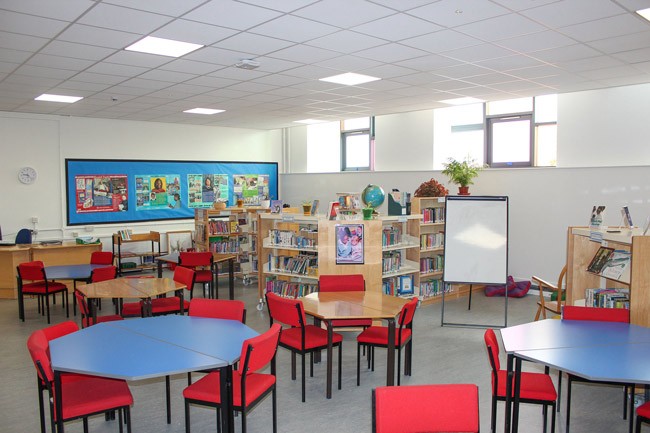
The sponsor of a proposed constitutional amendment that would allow cities to form their own school districts said Wednesday he would determine soon whether to move forward with the measure in this year’s legislative session.
Talking to reporters after a meeting of a House subcommittee, Rep. Matt Caldwell, R-North Fort Myers, said he could make a decision about the future of the amendment in the next week, depending on the feedback he gets. But Caldwell raised the possibility in earlier remarks to the subcommittee that the idea might take more than one year to get started.
“I heard a lot of commentary from the committee today, bipartisan, that was open to something different than the status quo,” Caldwell told reporters. “The next question is whether they think this proposal is the way to do that.”
The measure (HJR 539) would mark a dramatic change in how school districts are organized in Florida. The Constitution requires all districts to be made up of whole counties, though a handful of public schools — like the Florida School for the Deaf and the Blind — are essentially stand-alone.
Caldwell’s proposal would also allow existing city or county governing bodies to serve as school boards and would get rid of a requirement that school board elections be nonpartisan.
But it would also raise a series of questions about the financing of schools and the logistics of untangling a district if a city is allowed to start its own school system. The amendment doesn’t spell out the legal steps that would be needed to approve a new district, though Caldwell said any move would likely have to be supported by local residents and then return to the Legislature to be ratified.
The proposal stems from the frustration some parents have as counties have grown larger and administrators seem more remote, Caldwell said.
“When you look at our larger school districts, parents don’t feel like they’re able to have the kind of impact that they want to on the direction of the school district,” he said.
But there were concerns raised by members of the House K-12 Subcommittee, which would have to approve the amendment. Democrats, in particular, questioned the effect of cities withdrawing from county districts, particularly in rural districts where a few cities might form the bulk of the tax base.
“If the county seat, which is the only significant political jurisdiction inside the county, separately incorporates and you’re losing the hole, what does the donut do?” asked Rep. Joe Geller, D-Aventura.
Caldwell said there are already some gaps in resources now, despite the state’s efforts to level out the amount of money spent on students through its education financing formula. Poorer counties often have less to spend.
“There is a disparity in terms of their opportunities right there in the current status quo. … It would be on us as a legislature and future legislators to guard against poor decisions in that case,” Caldwell said.
But even some who were hesitant about the amendment didn’t rule it out, or voiced support for parts of it. Geller said he liked the idea of going back to partisan school board elections.
“I don’t think it promotes more partisanship,” he said. “I think it just gives more information to voters.”
The proposal would need to get three-fifths of the vote in both the House and Senate and be approved by 60 percent of the voters in a referendum before being added to the Florida Constitution.
–Brandon Larrabee, News Service of Florida





























I/M/O says
I/M/O and from my own personal opinion and experience not funding schools at the County level always results in total inequity of school funding.
I moved from a State that had individual School Districts and my School Taxes were over $7,000 per year when I left. Every year the School Districts would increase their budgets and taxes on homeowners would rise. Over 80% of these tax increases did not go into the classrooms but into administrative, salary, health care premiums and pension costs.
This also resulted in the annual fight over State Funding with the so called “Richer” districts being told their taxes had to go to other “Poorer” Districts which resulted in even more taxes.
As the School and Property Tax budgets got even more bloated as the individual school districts became self serving fiefdoms came the call for the Fair Market Valve Appraisal of Homes. School and property taxes went up 18% over a 5 year period as every home in the district was reappraised upward as to so called Fair Market Value. But when property values plummeted in 2008 were told the budgets still have to be funded. They cannot be reduced as to contracts already in place.
When we relocated to Florida the combined school/property taxes on our ranch home in the other state had risen to $13,000 per year.
After 2008 home value crash the rule as to buying a home became “Never buy a home in an individual school district. Always buy a home where the schools are funded at the County level.”
Beware Florida homeowners of any changes proposed. They are probably disguised tax increases under the propaganda of “Reform.”